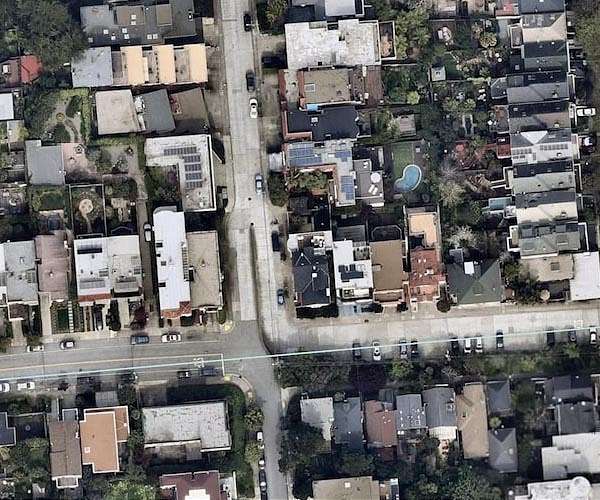High penetration of renewable energy reduces the impact of blackouts
New research has found that power grids with significant use of weather-dependent renewable energy sources (WD-RESs), such as wind and solar, tend to experience lower intensity power outages. This is positive news as countries around the world strive to meet ambitious climate goals.
This study, published in ‘Nature Energy’, analyzed data from US power outages between 2001 and 2020, providing insights relevant to countries transitioning their electricity grids to a high reliance on WD-RES. In Ireland, for example, renewable energy was responsible for 38.9% of electricity generated in 2023, a figure expected to rise above 70% by 2030.
Discussions about the reliability of renewable energy in the global energy transition have often highlighted concerns about fluctuations. However, the research sheds new light on the debate. Jin Zhao, assistant professor at Trinity College Dublin’s School of Engineering and lead author of the study, said: “Some have argued that unstable renewable energy sources are responsible for the increasing unreliability of the electricity grid under extreme climate conditions, while others have argued that the Wind and solar energy generation tends to be available even during extreme weather.”
The research refutes the idea that high penetration of renewable energy sources increases the risk of blackouts. Instead, it showed that while extreme weather can increase a system’s vulnerability, WD-RESs do not worsen the blackout or its severity due to weather events. Networks with substantial WD-RES integration actually showed reduced blackout intensity as assessed by the number of customers affected, the magnitude of demand loss, and the duration of the blackout.
Zhao further noted, “The key message here is that WD-RESs are not the main culprit for power outages during extreme weather events and that the networks with higher penetration tend to experience lower power outages when they occur.”
This finding is particularly promising for Ireland, despite being a lower inertia island network that may be more sensitive to disruptions compared to larger, interconnected systems such as those in the US and continental Europe. Zhao added that the next step will include focused research into Ireland’s unique energy system, supported by newly acquired funding.
Research report:Weather-sensitive renewable energy sources do not expose energy systems to power outages


